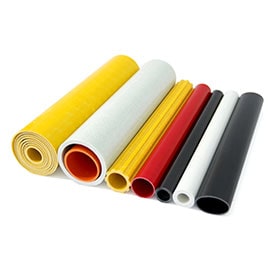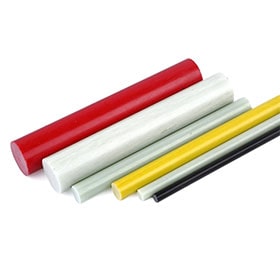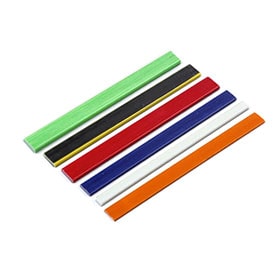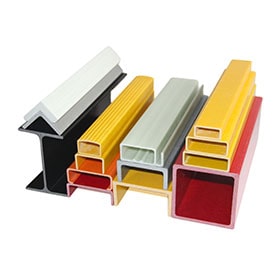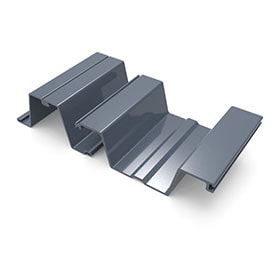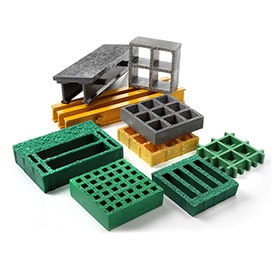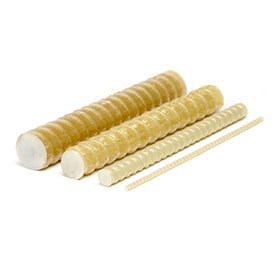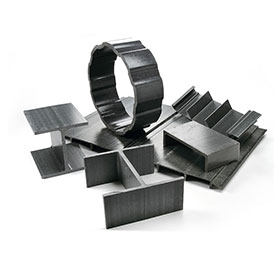
When it comes to industrial flooring, two of the most popular options are fiberglass mesh grating and steel grating. Both have their advantages and disadvantages, and the best choice depends on your specific needs and circumstances.
Durability and Strength
Steel grating is known for its high strength and durability. It can withstand heavy loads and high traffic, making it ideal for areas where heavy machinery is used. However, it can be prone to corrosion if not properly treated or maintained.
On the other hand, fiberglass mesh grating is also strong but is more resistant to corrosion, making it a good choice for environments where chemicals or moisture are present.
Maintenance and Lifespan
Steel grating requires regular maintenance to prevent rust and corrosion. It may need to be replaced more frequently than fiberglass grating, which can withstand harsh conditions without deteriorating.
Fiberglass mesh grating has a longer lifespan due to its resistance to rust, corrosion, and chemical damage. It requires less maintenance than steel grating, saving time and resources in the long run.
Cost-effectiveness
While steel grating may be less expensive upfront, the cost of maintenance and potential replacement makes it potentially more costly in the long run. Fiberglass mesh grating, while potentially more expensive initially, can be more cost-effective over time due to its durability and lower maintenance needs.
Safety
Both types of grating offer good traction to prevent slips and falls. However, fiberglass mesh grating is non-conductive and has a lower thermal conductivity than steel, making it a safer choice in certain environments.
Conclusion
In conclusion, both fiberglass mesh grating and steel grating have their advantages. The choice between the two depends on your specific needs regarding durability, maintenance, cost-effectiveness, and safety. It’s important to consider all these factors before making a decision.
 +86 15303735673
+86 15303735673 Jessica@frpzs.com
Jessica@frpzs.com
 Technical Data
Technical Data


